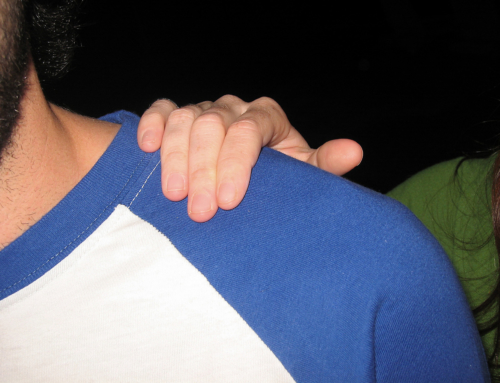As we approach the national holiday of Father’s Day, it is a fine time to explore what research has shown us about the Modern Father. Within the past several decades, there has been a significant change in the definition of “fathering.” Children are not only being loved by fathers, they are also being cared for, tended to, and increasingly spend “quality” time with fathers. No longer is a mother-child relationship sufficient; children are asking for, and often revelling in, the fabulous gift of an enduring, nurturing father-child relationship.
A quick run through the parenting row of books finds the volume of items devoted to fathering, fatherhood, and shared parenting to be growing by leaps and bounds. Now, the positive nature of fathers is emphasized in words such as Better, Championship, First, Leader, Mentoring, Modern, New, Strong and, of course, Expectant. That’s the popular press. What does research say? Most of the current research shows that a father-child relationship can have the greatest and most widespread impact upon many factors in a growing child’s life and personality. While the statistical analysis cannot indicate cause-and-effect relationships, there are stunning notes of truth and a focus upon the specific ways in which our fathers give us the Best.
Father’s Nurturance and Acceptance
Adult children are just as likely to report life satisfaction when they experienced a loving and caring father as those who report maternal love in childhood.
Perceived closeness with fathers has a stronger contribution to an adult child’s overall psychological well-being than perceived maternal love.
Father-child conflicts are positively associated with the presence of depression-related symptoms in adolescents. Happily, there is equally strong evidence on the opposite pole that father-child agreement and acceptance are positive related to a lack of depressive symptoms!
Children perform better on tests of thinking when a father shows high levels of acceptance than when both mothers and fathers have high levels of acceptance of their children.
Father’s Impact on Sons
The quality of the father-son relationship is the only research factor which shows a positive connection with the level of anxiety/depression in the adult son.
The self esteem of sons has been best predicted by a stable level and type of interactions with fathers (even for errands, practices, and chores), combined with a mother’s companionship.
Paternal nurturing seems to impact performance on IQ tests more strongly for sons than daughters.
Father’s Impact on Daughters
A daughter’s self esteem is best predicted by her mother’s general support and her father’s physical affection.
A father’s love and acceptance tends to produce stronger self concepts in daughters than in sons.
Specific Recommendations
Current psychological science cannot pinpoint which patterns of father-child interactions are most powerful. We are also unable to yet say why fathering seems to impact sons and daughters differently.
What science does tell us, boldly and unquestioningly, is:
A father’s love and nurturance towards children is just as important as a mother’s love.
Fathering can impact children strongly and permanently .
Fathers may well direct, act, love, support, teach thinking, and … know best!
It seems every day is Father’s Day. Enjoy,
Dr. Elizabeth Dybell






